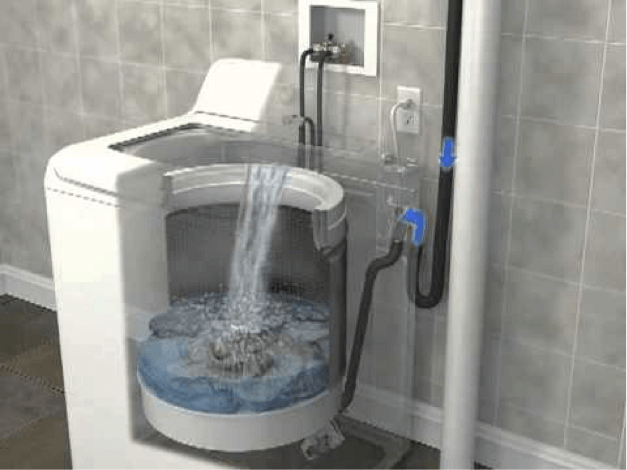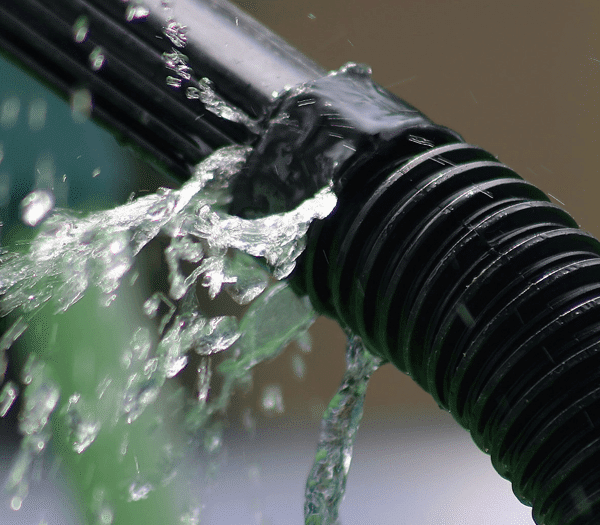Restoration Tips For Flood Damage From a Leaky Water Pipe - Get Your Home Back
Restoration Tips For Flood Damage From a Leaky Water Pipe - Get Your Home Back
Blog Article
What're your thoughts with regards to Do s And Don ts In Case Of Water Damage?

What should you do if a water pipeline ruptureds in your home? The longer you wait, the more serious the damage that can happen to your building. For these reasons, you require to learn exactly how to act in the occasion of a ruptured water pipe.
Shut down the Main Waterline Valve
Look for the local shut-off valve to turn off the water in one certain area only. If you do not understand where the local shut-off shutoff is, go for the main water line valve and turn it off. Normally, the major shutoff is discovered outside the house next to the water meter.
Call Water Damage Restoration Pros for Assistance
After closing the water resource, call the professionals for help. Due to the fact that the pipes needed to be fixed and also there is a requirement to resolve the other problems to your residential or commercial property, this scenario is not something you can do some Do it yourself. If you can not deal, look for aid from a reputable firm supplying 24/7 emergency solutions. With their professional help, you can protect against a lot larger water damages consisting of warped walls, loose floor tiles, or harmed frameworks. Do not take this issue gently and seek specialist support for your complete comfort and also a qualified service.
Record the Damages For Insurance policy
While you're waiting for the pros to show up, get some paperwork of the damages created by the errant pipe. Do close-up shots of the harmed valuables as well as places.
Salvage Things That Can Be Conserved
As soon as you're done taking images, examine the damaged products as well as secure the most crucial ones from the pile. Dry them off in a dry/warm area away from the damaged location and also try to maintain them as much as you can. Drag as much dampness as you can to the material so it can start to dry out.
Start the Drying Refine
You need to begin the drying process asap. Thankfully, the water from your waterlines is already tidy so you do not need to fret about drain water. Nonetheless, the streaming water might have disrupted the dirt as well as debris in your floorboards and carpets. In this instance, put some handwear covers on and also begin some damage control. Use buckets to discard out the water. Remove as much water as you can from the surfaces with old towels. Turn on an electrical follower or open your windows to promote air flow. These steps will certainly accelerate to completely dry as well as discourage mold and mildew and mildew growth.
Experts are the only people qualified to evaluate appropriately and deal with the burs pipes and succeeding damage. As always, pipelines don't simply suddenly burst out of heaven. They typically give silent red flags like bubbling paint, water discolorations. Weird noises in the plumbing, caving ceiling, mildewy smell, or peeling wallpaper. Take note of these signs and do some safety nets so you can nip any issues in the bud.
What should you do if a water pipe bursts in your home? For these reasons, you need to find out just how to act in the event of a burst water pipeline. After closing the water resource, call the professionals for help. With their specialist help, you can prevent a lot larger water damage including warped baseboards, loose tiles, or damaged frameworks. The good news is, the water from your waterlines is currently tidy so you do not have to worry about sewer water.
BROKEN WATER PIPES: COST TO REPLACE & WAYS TO FIX A PIPE
CAUSES OF A BROKEN WATER PIPE
A water pipe can break for several reasons depending on the environment you live in, type of pipe, and circumstances.
The most common cause of broken pipes is freezing. If you live in a colder climate, this could happen. When water freezes it increases in volume by 9% and the pressure in the pipes can go from 40 psi to 40,000 psi. Clearly, this could be detrimental to the pipes. Water freezing causes quick expansion, which puts stress on the pipes and could lead them to crack or weaken. When water thaws, it will leak out the cracks. Other changes in water pressure can also cause breakage. Another common cause of broken water pipes is age.
Depending on the material, water pipes can last anywhere from 70-100 years. But the older they get, the more susceptible they are to weakening and corroding. Older pipes coming into contact with another material could speed up the corrosion process as well. PVC pipes can become brittle with age, while copper is prone to corrosion and stress over time. Something that could also potentially break water pipes is when they move. They may move from construction or the house settling. Moving can stress the fixed pipe which may lead to a leak or burst pipe.
HOW MUCH WATER COULD LEAK INTO YOUR HOUSE FROM A BROKEN PIPE?
The amount of water that leaks depend on how big the break in a pipe is. If it is just a minor crack, water will slowly leak out. This isn t as serious as a full broken pipe, but it can still cause significant damage to your home. Burst pipes can leak up to 10 gallons of water per minute. The amount of water leaked also depends on what appliance is involved. The water line to your refrigerator can leak to 1 gallon per minute depending on water pressure. One toilet supply line may leak 2-3 gallons a minute and a washing machine hose will leak up to 10-12 gallons per minute.
TURN THE WATER OFF
Doing this first is imperative; everything else can wait. You need to deactivate the water supply to stop the flow of water and prevent more water from leaking into your home. Shutting off the water could potentially save you thousands in water damage repairs. Locating the water shutoff valve depends on the climate you live in. For colder climates, the valves are usually inside, such as in the basement. For houses in milder weather, the shutoff valves will probably be outside either attached to an exterior wall or in an underground box with a removable lid.
OPEN A FAUCET
The next thing to do is to open a faucet or turn on a sink. This will relieve any remaining water pressure in the pipes and ensure a full-shut down.
GET RID OF THE WATER
The quicker you get rid of the water, the less water damage and mold there could be. Use a mop and a shop vacuum to help get clean up the water. Use towels to dry everything the best you can.
CUT AND REMOVE THE DAMAGED PIPE
Once you have shut off the water and drained the damaged water pipe, you can begin to fix the issue. Cut out the damaged section of the pipe with a pipe cutter, ensuring that you also cut one inch extra on each side of the damage. Once you get rid of the broken part of the pipe, you may begin repairs.
https://www.wmhendersoninc.com/blog/broken-water-pipes-cost-to-replace-ways-to-fix-a-pipe/

We were shown that editorial on The Do s And Don ts After Water Damage through an associate on our other blog. Remember to take a moment to distribute this page if you enjoyed reading it. I recognize the value of reading our article about The Do s And Don ts After Water Damage.
We're your solution! Report this page